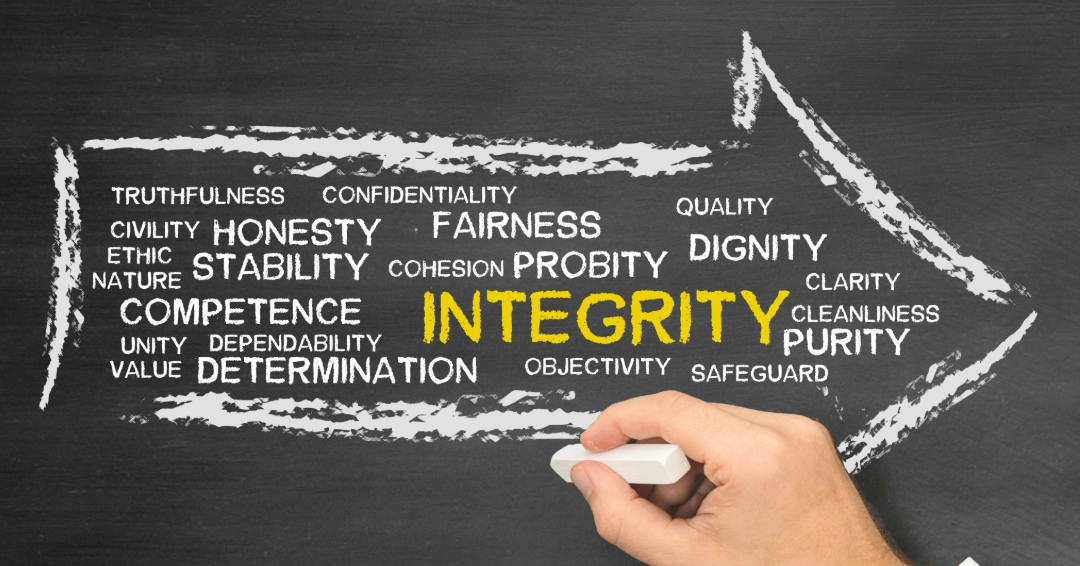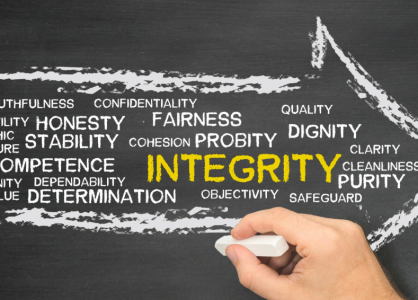In today’s complex business environment, ethical leadership and robust corporate governance are not merely regulatory requirements but strategic assets that can distinguish a company in the marketplace. Embracing integrity fosters trust among stakeholders, enhances financial performance, and ensures long-term sustainability.
Does Strong Ethics Give Businesses a Competitive Edge?
Absolutely. Companies that prioritize ethical practices often experience improved reputations, customer loyalty, and operational efficiency. A culture rooted in integrity attracts top talent, reduces legal risks, and appeals to increasingly conscientious consumers. Moreover, ethical governance can lead to superior financial outcomes, as trust and transparency are critical drivers of investor confidence and business success.
The Link Between Ethical Governance and Financial Performance
Research indicates a positive correlation between ethical leadership and financial performance. A study published in the Sustainability journal proposes a model where the ethical leadership of CEOs significantly influences financial performance through the adoption of proactive environmental strategies. This relationship is further moderated by institutional pressures, suggesting that ethical leadership not only enhances financial outcomes but also promotes sustainable practices.
Case Studies of Companies Thriving Due to Strong Ethics
- Raymond James Financial: Under the leadership of CEO Paul Reilly, Raymond James has seen substantial growth, with assets and stock prices increasing significantly since 2010. Reilly attributes this success to investments in technology and a steadfast commitment to the company’s culture of integrity. By upholding clear and fair compensation plans and focusing on client care, the firm has built trust and retained top talent, demonstrating how ethical practices can drive financial prosperity.
barrons.com - Patagonia: Known for its environmental activism and ethical business practices, Patagonia has cultivated a loyal customer base and a strong brand reputation. The company’s commitment to sustainability and transparency has not only differentiated it in the marketplace but also resulted in impressive financial performance, proving that ethics and profitability can go hand in hand.
How Businesses Can Build a Culture of Integrity
- Lead by Example: Executives and managers should model ethical behavior, setting a standard for all employees. When leadership consistently demonstrates integrity, it fosters a culture where ethical conduct is the norm.
online.hbs.edu - Establish Clear Policies: Develop comprehensive codes of ethics that outline acceptable behaviors and decision-making processes. Regular training sessions can reinforce these policies, ensuring that employees understand and commit to them.
- Encourage Open Communication: Create an environment where employees feel comfortable reporting unethical behavior without fear of retaliation. Implementing anonymous reporting systems can facilitate this openness.
- Reward Ethical Behavior: Recognize and reward employees who exemplify integrity in their roles. This positive reinforcement encourages others to uphold similar standards.
groupmgmt.com - Integrate Ethics into Performance Metrics: Incorporate ethical considerations into performance evaluations and business metrics. This integration ensures that integrity remains a focal point in assessing success.
Why Choose Governancepedia?
At Governancepedia, we specialize in assisting businesses to adopt and implement ethical governance practices. Our platform offers a wealth of resources, including best practice guides, case studies, and expert consultations, all designed to help your organization build a culture of integrity. By partnering with us, you can enhance your corporate reputation, ensure compliance, and achieve sustainable success.
For more insights into the impact of ethics on business and strategies for fostering corporate integrity, explore our articles on The Impact of Ethics on Business and Corporate Ethics Best Practices.
Embracing ethical leadership is not just a moral obligation but a strategic advantage that can propel your business toward long-term success.

